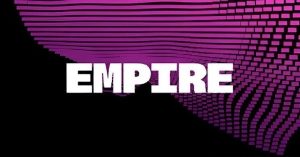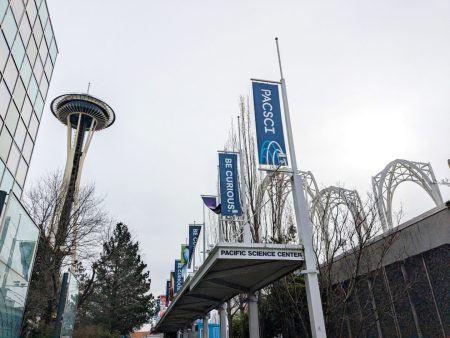Microsoft Faces Escalating Protests Over Palestine Stance as Demonstrators Occupy Executive’s Office
In a dramatic escalation of ongoing protests against Microsoft’s technological involvement in the Israel-Gaza conflict, demonstrators breached security at the company’s Redmond headquarters on Tuesday, occupying Microsoft President Brad Smith’s office in a direct confrontation that ended with multiple arrests. This bold action represents the latest in a series of increasingly personal protests targeting the tech giant’s leadership over its contracts with Israel during the ongoing conflict in Gaza.
The protesters, who identified themselves as part of the group “No Azure for Apartheid,” successfully infiltrated Building 34—where CEO Satya Nadella and other executives have their offices—and barricaded themselves inside Smith’s personal office space. Once inside, they engaged in dramatic acts of civil disobedience, locking arms in the meeting area, taping a mock court summons to a large monitor, and livestreaming their occupation on Twitch while chanting “Free Palestine.” As security attempted to remove them, protesters created makeshift barricades using office furniture and attempted to hang a large banner in the window. The brazen nature of the protest prompted a temporary lockdown of the building, raising serious questions about how the demonstrators managed to bypass Microsoft’s security protocols, with at least one protester apparently disguising their appearance with a new haircut and mustache to gain entry.
The confrontation ended with seven protesters being arrested for trespassing and obstruction, with additional charges for those who resisted arrest, according to the Redmond Police Department. Approximately twenty additional demonstrators outside the building dispersed peacefully when instructed by police. In a statement released on social media, the protest group claimed to include Microsoft employees among its ranks and declared their intention to establish a “liberated zone” inside the building, which they symbolically renamed the “Mai Ubeid Building” in honor of a Palestinian software engineer reportedly killed in an Israeli airstrike. A spokesperson for the group who appeared on the livestream demanded direct talks with Microsoft leadership about the company’s contracts with Israel.
This office occupation follows a week of intensifying demonstrations targeting Microsoft. Just days earlier, twenty people were arrested after protesters occupied a plaza at Microsoft’s East Campus, poured red paint on company signage, and blocked a nearby bridge. The protests even extended to the personal residences of Microsoft’s leadership when demonstrators took to Lake Washington in kayaks on Sunday, gathering in front of the waterfront homes of both Smith and Nadella with banners declaring “Microsoft Kills Kids” and “Satya + Brad = War Criminals.” This personalization of the protest represents a significant escalation in tactics as demonstrators increasingly focus on holding individual executives accountable rather than simply targeting the corporation as an entity.
The situation has reportedly prompted Microsoft to seek assistance from federal authorities, with Bloomberg reporting that the company has requested help from the FBI in tracking potential protests since demonstrators interrupted a company 50th anniversary event. Microsoft has allegedly asked the FBI to share intelligence regarding pro-Palestinian protests that might target the company, signaling growing concern about both security and reputation management at the highest levels of the organization. While Microsoft has publicly stated that it supports political expression, it maintains that disruptive demonstrations on private property are not permitted and has pledged to uphold human rights standards in its contracts, including announcing a review of reports claiming its Azure cloud platform is being used in surveillance operations against Palestinians.
Despite these assurances from Microsoft, protesters remain unsatisfied and continue to demand that the company completely sever all ties with Israel. The demonstrators argue that Microsoft’s technology is contributing to human rights abuses in Gaza through its contracts with the Israeli government and military. This standoff represents a broader challenge facing many technology companies as they navigate the complex intersection of global politics, ethical business practices, and corporate responsibility in conflict zones. As protests continue to escalate in both frequency and intensity, Microsoft’s leadership faces difficult decisions about how to respond to these demands while maintaining security, business operations, and their stated commitment to human rights principles in an increasingly polarized environment.














